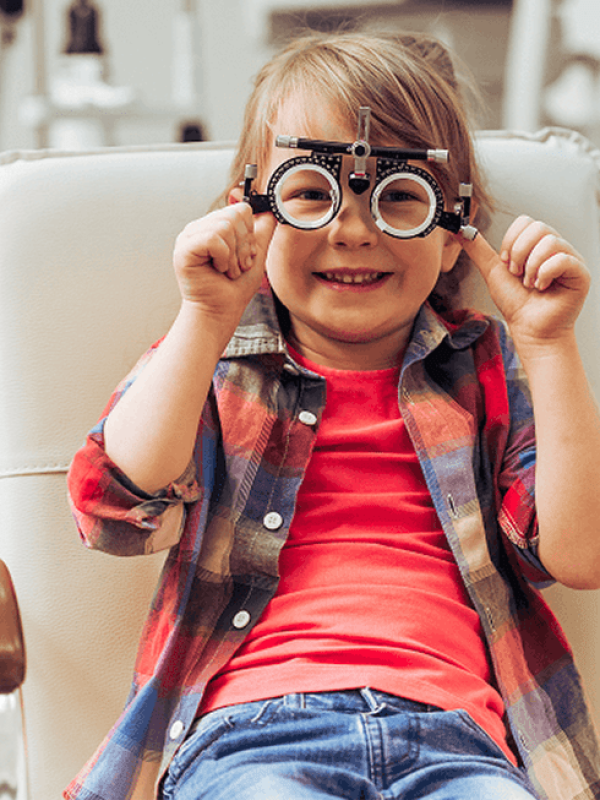
Your eyes need the greatest treatment, and Yasmed Medical Centre provides top-tier ophthalmology in Dubai to keep your vision clean. Whether you require routine check-ups, innovative treatments, or specialised procedures, our skilled ophthalmologists are committed to providing outstanding care for all of your eye health needs.
At Yasmed Medical Centre, we understand that your vision is integral to your overall well-being. That’s why we offer world-class ophthalmology in Dubai, utilizing advanced diagnostic tools and minimally invasive treatments to deliver precise and effective care. Our team includes board-certified ophthalmologists with extensive experience in treating a wide range of eye conditions.
Comprehensive Eyecare Services: We provide a wide range of services, such as eye exams, corrective treatments, and advanced operations. Our team is experienced in treating problems such as cataracts, glaucoma, macular degeneration, diabetic retinopathy, and others.
Advanced Diagnostic Tools: Accurate diagnosis is essential for effective treatment. Our clinic uses cutting-edge technology to evaluate your vision and detect any anomalies early.
Customised Treatment Plans: Each patient is unique. That is why we create personalised treatment regimens based on your specific needs, assuring the best possible results for your eyesight and general eye health.
Expert ophthalmologists: Our board-certified ophthalmologists are well-known for providing exceptional eye care. They stay up to date on the newest breakthroughs in ophthalmology to provide you with the best treatments.
Patient-Centric Approach: Yasmed Medical Centre prioritises your comfort and happiness. From the time you enter our facility, you will be treated with kindness in a friendly setting.
Our clinic offers a wide range of services ophthalmology services in Dubai, including:
Routine eye examinations: Regular eye exams are required to maintain excellent eyesight and identify issues early. Our thorough eye exams include vision and refraction tests, as well as screenings for common disorders such as dry eye, cataracts, and glaucoma.
Cataract surgery: Cataracts are a frequent age-related disorder that can cause vision problems. Our expert surgeons provide sophisticated cataract removal treatments, including laser-assisted techniques, to ensure a speedy recovery and clear vision.
Glaucoma Management: Glaucoma is a silent ailment that, if not addressed, can cause vision loss. We offer effective management techniques for preserving your vision, such as medication, laser treatments, and minimally invasive operations.
Diabetic Eye Care: Diabetes has a variety of effects on your vision. We provide specialised care to monitor and manage diabetic retinopathy and other related disorders, ensuring that your eyes stay healthy despite underlying medical issues.
Refractive surgeries (LASIK, PRK): LASIK and PRK are two of our refractive surgery alternatives that can change the lives of people who want to stop using glasses or contact lenses.
Treatment For Dry Eyes: Dry eye syndrome is a frequent ailment characterised by decreased tear production or quality. We offer a variety of treatments, from eye drops to complex surgeries, to restore comfort and clarity.
Our clinic is equipped with cutting-edge technology to ensure accurate diagnosis and effective treatment. From digital imaging to modern surgical equipment, we use innovation to provide the best possible outcomes for our patients.
Our clinic is equipped with cutting-edge technology to ensure accurate diagnosis and effective treatment. From digital imaging to modern surgical equipment, we use innovation to provide the best possible outcomes for our patients.
Discover the difference that competent care can make. Schedule a consultation with one of our ophthalmologists to find out why Yasmed Medical Centre is a trusted name in ophthalmology in Dubai.
Your vision is our top priority, and we’re here to keep it sharp and healthy for years to come. Contact us today to take the first step towards a clearer, brighter vision.
WhatsApp us